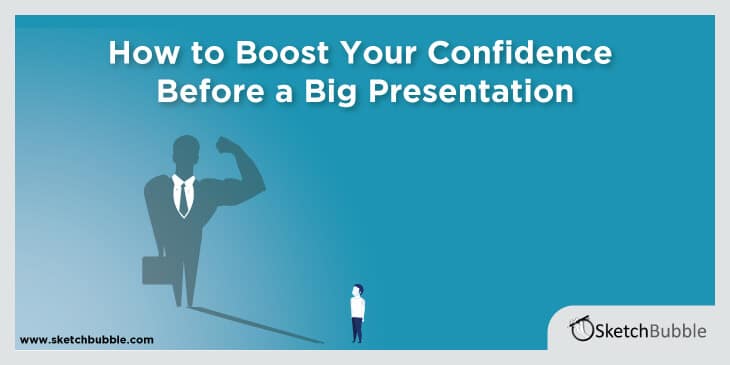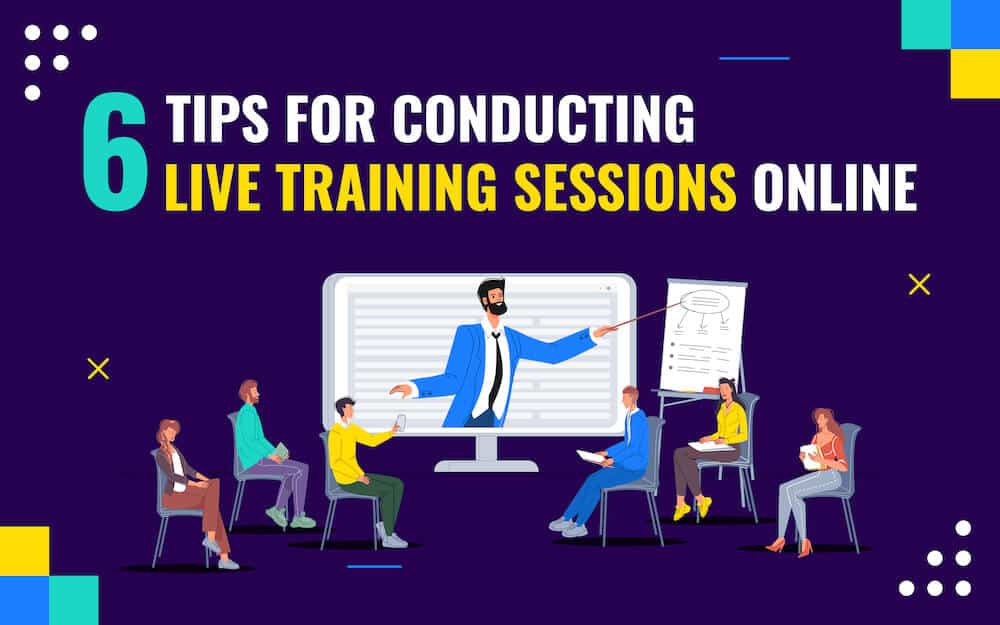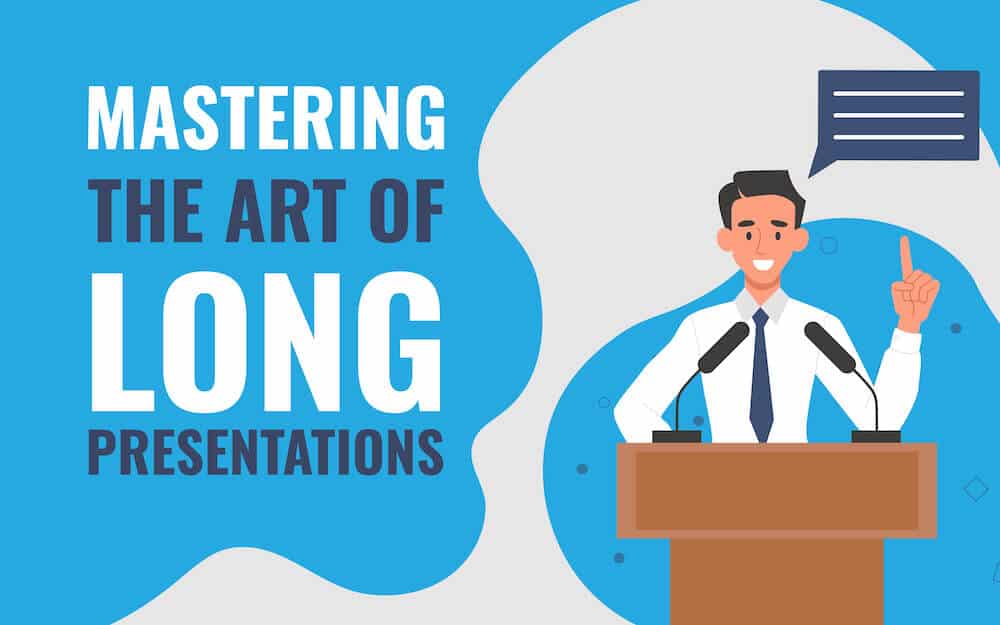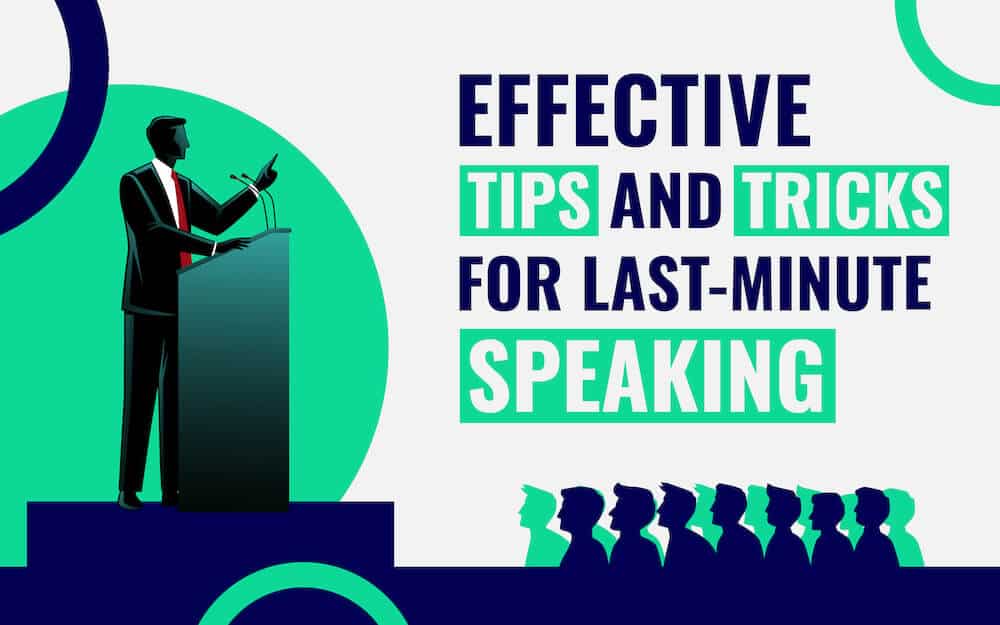
When it comes to things people fear in life, death and public speaking are high on that list. Some people might say that standing up in front of a bunch of strangers is even worse than death.
Just the thought of public speaking can cause your heart to race and your breathing to become shallow. Your palms get clammy and your mouth dry. And it’s not just newbie speakers who feel this level of nervousness – veteran speakers readily admit to feeling nervous before giving a big presentation.
While a certain level of fear is healthy and can propel you to perform great – too much of it can render you immobile, unable to remember a single thing you wanted to say.
Here are some ways you can boost your confidence before taking that stage.
Be Honest with Yourself
“Are you nervous?”
“Me? No, I’m not nervous.”
YOU’RE LYING!
Of course you’re nervous. You’re about to get up in front of a bunch of people and speak for 20 minutes or more. That is scary stuff.
Pretending you’re not nervous when you are has the potential to make things worse. In fact, research out of Boston University found that hiding your feelings of anxiety can lead to an increase in the feelings of anxiety and heart rate.
Reframe the Situation
While you shouldn’t lie to yourself, there’s nothing wrong with reframing the situation. Why feel nervous when you can feel excited instead? Research out of Harvard suggests that you should leverage your state of arousal and turn it into excitement. Study participants who were anxious announced that they felt excited and were, in turn, perceived as being competent and persuasive.
Be a Winner in Your Head
Fear lives in our head. Before we give a presentation, most of us spend time thinking about the absolute worst things that can happen. And we imagine these things happening in such authentic detail, that it’s like we really experience them.
This is an inefficient use of your “pre-game” time. You should do what athletes do instead, which is to imagine over and over again everything going perfectly. A golfer will imagine over and over making the putt. A quarterback will imagine over and over throwing that ball accurately and reaching his player.
You’ve got to imagine yourself successful over and over in your head. Imagine it clearly, what does it feel like to be a success? How is the audience looking at you?
If you can be a winner in your head, you’ll be a winner on stage.
Move Your Body
You know why most people pace when they’re nervous? Because they instinctively want to move their body. It’s part of the fight or flight mechanism and it’s perfectly natural. But there is always someone there, a parent, a husband or wife, that barks at us to STOP PACING!
But gentle exercise before a big presentation is a great idea. It reduces tension and sends more blood and oxygen to the brain. So, consider doing some jumping jacks, stretch, or walk briskly down the hall (aka PACE).
Breathe
Do NOT underestimate the power of deep breathing. Deep breaths not only get more oxygen to your brain, they also interrupt the adrenaline-pumping fight or flight response so you can calm down.
Even though you have framed youe nerves into excitement, you still don’t want to get on stage and talk 40-miles a minute. In the minutes leading up to your presentation, take several slooooooow, deep breaths and feel yourself instantly relax.
Make Friends with the Audience
No, I don’t mean walk out into the audience and start shaking hands with people. I mean, make friends with them in your head. Most presenters feel nervous because they think the audience will be judging them the entire time and, should they make a mistake, they believe the audience will laugh at them.
The truth is the audience wants you to succeed. They believe you are an expert already, otherwise they wouldn’t have bothered coming to hear you speak. They want and expect you to teach them about your topic. AND, since they don’t have a clue what you’re going to say, they won’t know if you make a mistake.
Understand You’re Giving a Gift
The last time you gave a loved one a present, were you terrified beforehand? Of course not. You might have been excited and joyful, but not nervous. As a speaker, you are giving a gift to the audience. You are sharing your time and knowledge with them. Having this attitude instantly frees you from your nerves and focuses your mind on helping people.
Feeling a bit nervous before a big presentation is normal, but there are things you can do. If you follow these tips you will be able to boost your confidence and give a speech that you can feel proud of.



